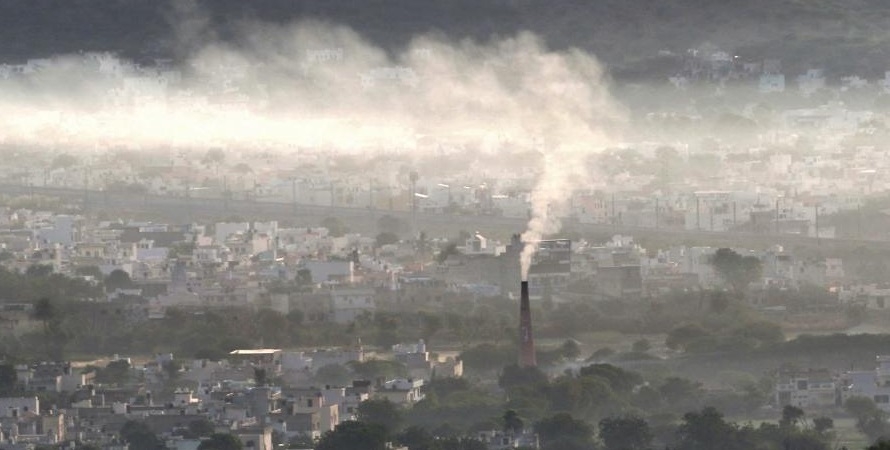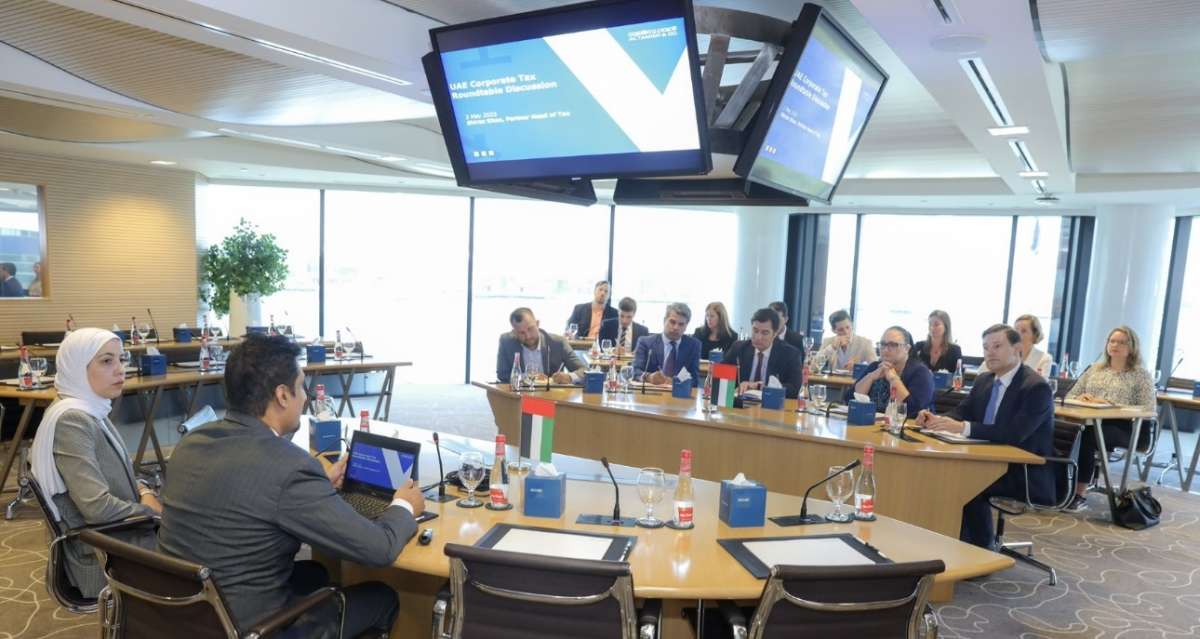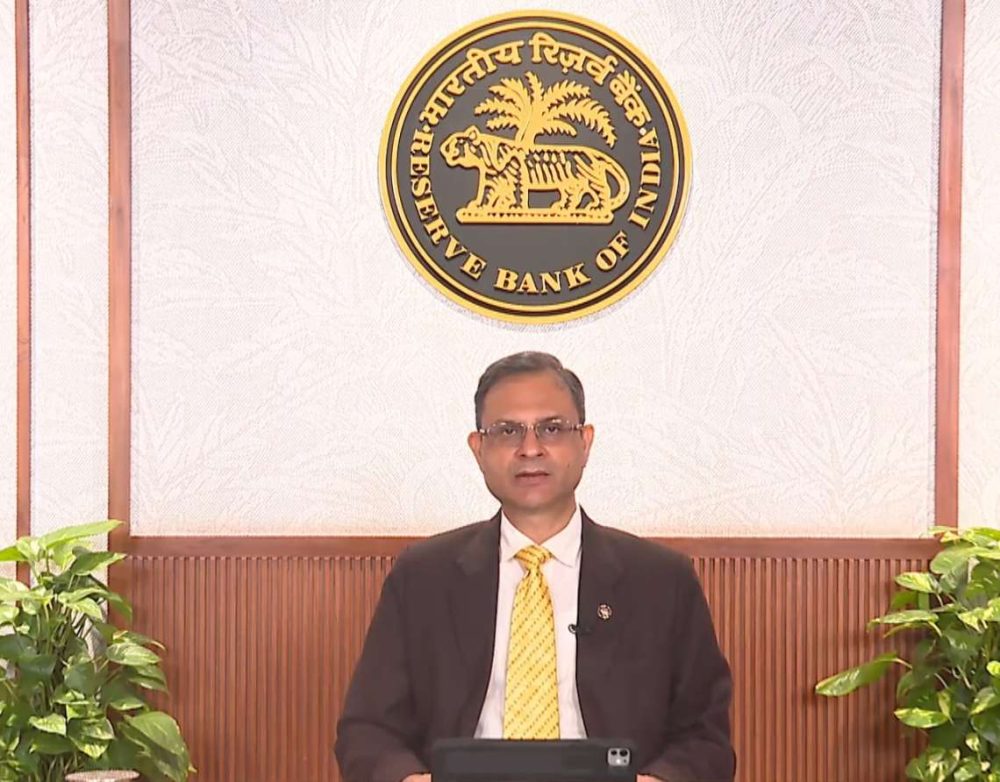Two years later at COP26, nations reached new agreements for market mechanisms, essentially supporting the transfer of emission reductions between countries while also incentivizing the private sector to invest in climate-friendly solutions…reports Vishal Gulati
As world’s third-largest emitter India is on track to reach net zero by 2070 and set to launch a robust and credible domestic carbon market next month, experts say high-integrity carbon credits can attract more investment in India into technology and nature-based climate solutions.
India, China, Brazil and some other developing countries have been strongly advocating at every UN climate summit for continuation of carbon credits, which allow companies to compensate for their greenhouse gas emissions, under the 2015 Paris Agreement — an ambitious global action plan to fight climate change.
So what are carbon markets? They are trading systems in which carbon credits are sold and bought. Companies or individuals can use carbon markets to compensate for their greenhouse gas emissions by purchasing carbon credits from entities that remove or reduce greenhouse gas emissions.
Talking about the domestic carbon market, Kavita Prakash-Mani, who is on the governing board of the Integrity Council for the Voluntary Carbon Markets, told IANS in an interview on Friday that India is expected to announce details of the national carbon market scheme in June covering both compliance and voluntary markets, with credits being issued in 2025 by a new registry and exchange.
“A draft of the Carbon Credit Trading Scheme has already been released. We would be delighted if the Core Carbon Principles (CCPs) are adopted by the Indian government as it established the norms.
“We will reach out and engage with the relevant authorities as the government consults stakeholders as part of the process.”
Additionally, as more carbon credit projects are developed in India and start to deliver carbon credits that are validated and verified by CCP-labelled programs as having high quality and integrity, the demand for such credits will rise and more investment will flow into technology and nature-based climate solutions in India, she said.
How many types of carbon markets are there?
There are two types of carbon markets: compliance and voluntary. Compliance markets are created as a result of any national, regional and/or international policy or regulatory requirement, while voluntary carbon markets — national and international — refer to the issuance, buying and selling of carbon credits, on a voluntary basis.
The Integrity Council is establishing a global benchmark for high-integrity carbon credits that aims to build trust in the market and unlock urgently-needed finance for climate solutions.
The high-integrity carbon credits can play a key role in channelling finance to developing countries and make a range of essential climate projects viable, from action to protect and restore forests through to developing and scaling emerging technologies that are difficult to commercialize today.
There is strong demand for high-integrity carbon credits and the CCP label will make it easy for buyers to identify them. “We believe the CCPs will provide clarity that will support a market shift toward high-quality carbon credits and unlock urgently needed investment for climate solutions that contribute to reducing and removing carbon emissions.”
The government plans to develop the Indian Carbon Market where a national framework will be established with an objective to decarbonise the Indian economy by pricing the greenhouse gas (GHG) emission through trading of the carbon credit certificates.
The Bureau of Energy Efficiency, the Ministry of Power along with the Ministry of Environment, Forest and Climate Change are developing the Carbon Credit Trading Scheme.
To facilitate the achievement of India’s enhanced climate targets, the government is accelerating the transition to a low carbon economy.
What do you see as the future of the voluntary carbon market, and what role do you think the Integrity Council will play in shaping that future?
At this, she replied, “The work of the Integrity Council, including the recently published CCPs, sets out to establish a pathway for continual improvement in the future development of the voluntary carbon market.
“The CCP label will make it easier for buyers to identify high-integrity carbon credits. Greater confidence from buyers will unlock additional investment, scaling mitigation action over time, allowing the growth of a high-integrity voluntary carbon market.”
The carbon market mechanism, principally the guidance for Article 6 (market and non-market mechanisms) of the Paris Agreement rulebook, is the new climate change voluntary mitigation mechanism that aims to assist organisations in reducing carbon footprints.
At the 2019 UN climate summit the countries failed to agree unanimously on Article 6 concerning the carbon markets system as the lengthy negotiations remained inconclusive despite 48 hours past the official deadline.
Two years later at COP26, nations reached new agreements for market mechanisms, essentially supporting the transfer of emission reductions between countries while also incentivizing the private sector to invest in climate-friendly solutions.
Simultaneously, parties decided on non-market approaches enabling stronger cooperation between countries on mitigation and adaptation.
In India, 1,669 projects have been successfully registered under the Clean Development Mechanism (CDM) under the Kyoto Protocol, the predecessor to the Paris Agreement. Millions of certified emission reductions (CERs) credits, better known as carbon credits, remain unsold with the collapse of the CDM market.
One CER equals one tonne of carbon dioxide. As per rough estimates, nations hold close to 4 billion unsold certified emission reductions (CERs). India has a depository of 750 million and China has much more than India.













